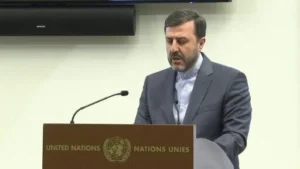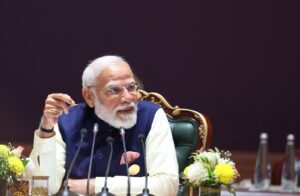
The World Bank has warned that rising tensions between Iran and Israel seriously threaten the GCC region’s economic stability. These tensions might sabotage development prospects and increase global uncertainty. The conflict’s immediate economic effects are still hard to measure, but the bank warns that the effects might extend well beyond the oil markets and influence trade, inflation, investor mood, and fiscal stability.
During the announcement of the World Bank’s most recent Gulf Economic Update, Safaa El Tayeb El-Kogali, the regional director for the GCC, emphasised the dangers. She pointed out that the area is susceptible to geopolitical shocks because of its proximity to international shipping lanes and oil markets. She stated that “any conflict, especially in this region, can have long-lasting and adverse effects,” citing potential repercussions such as higher inflationary pressures, growing investor concern, and rising shipping costs.
El-Kogali stated that the war between Israel and Iran is adding another degree of unpredictability to the world economy. Investors often take a wait-and-see stance in such erratic times, postponing choices until stability and clarity return.
Also Read:






